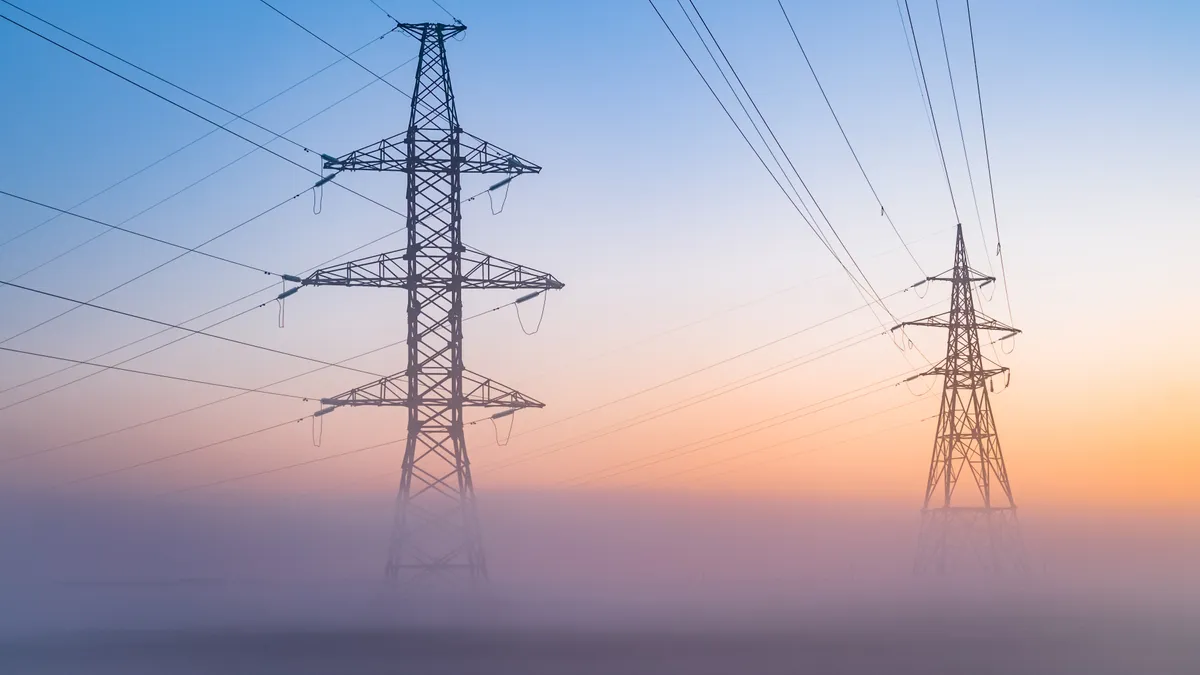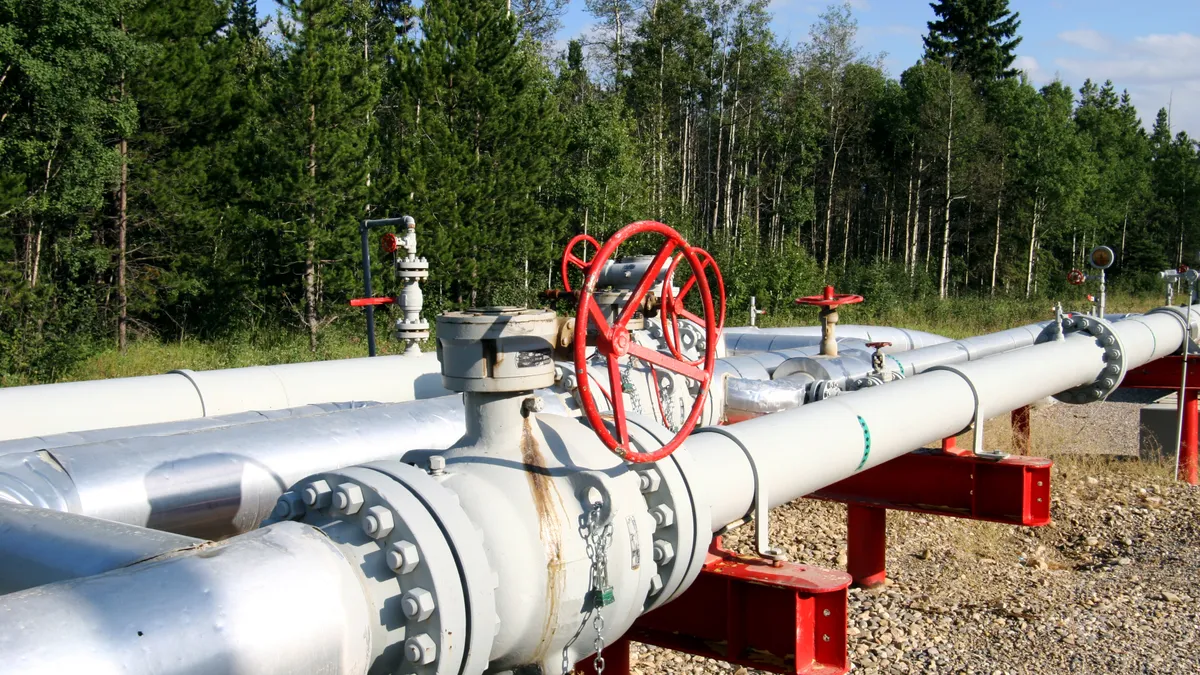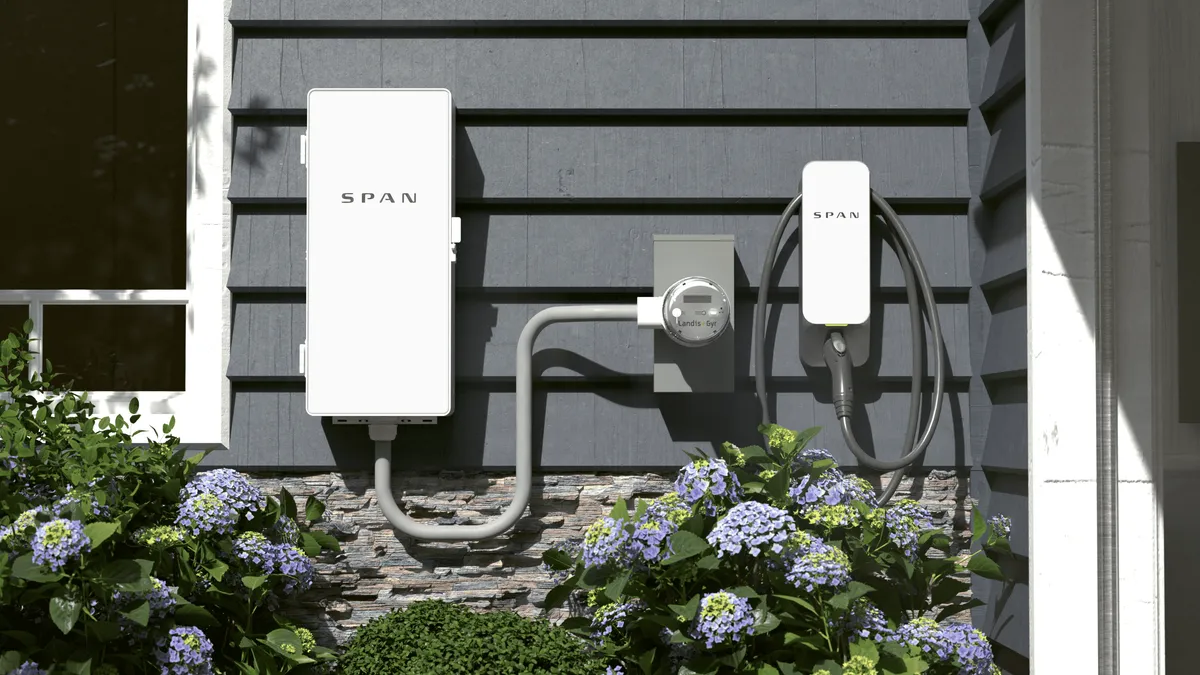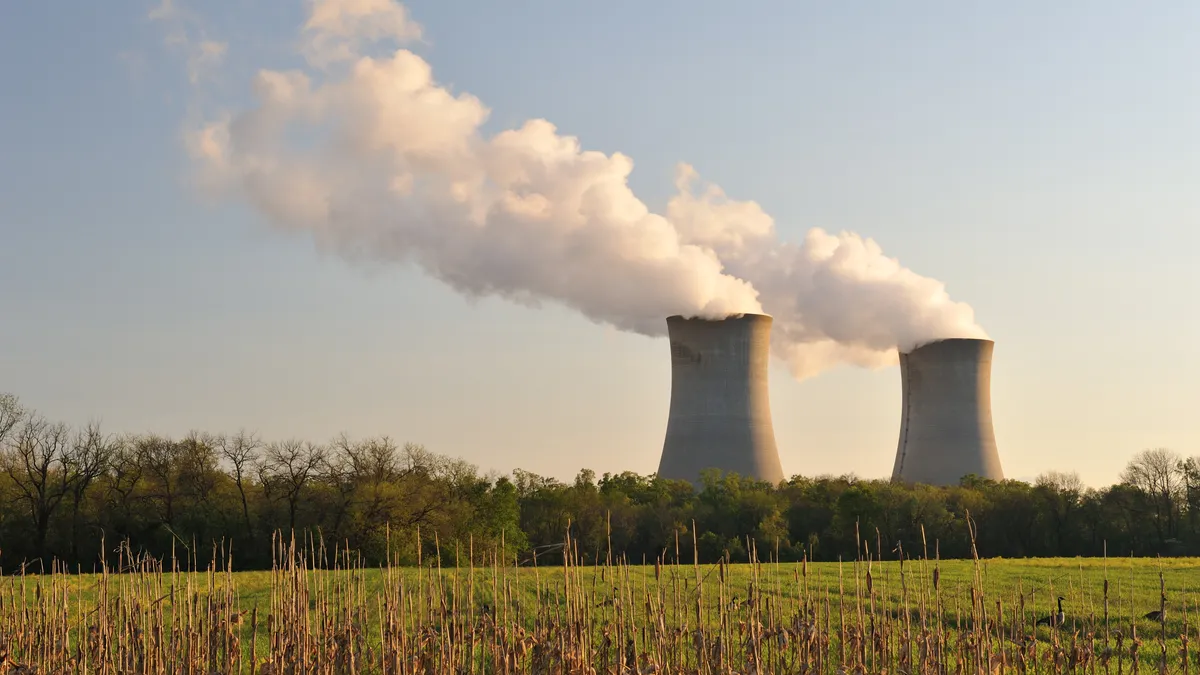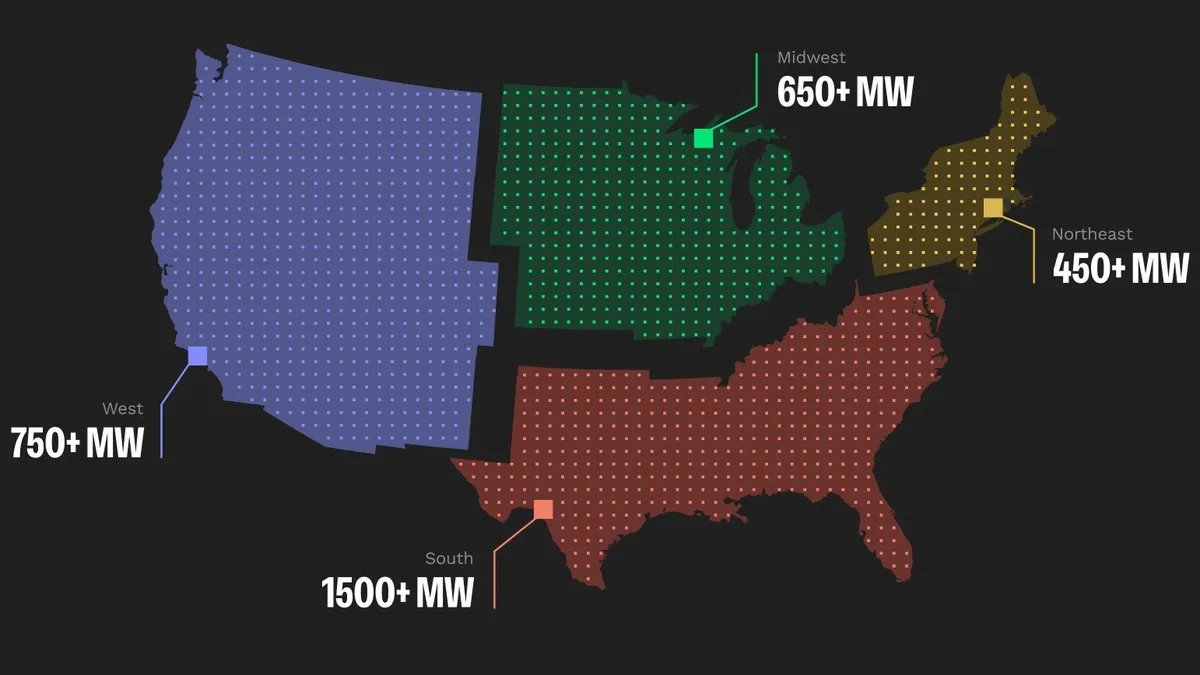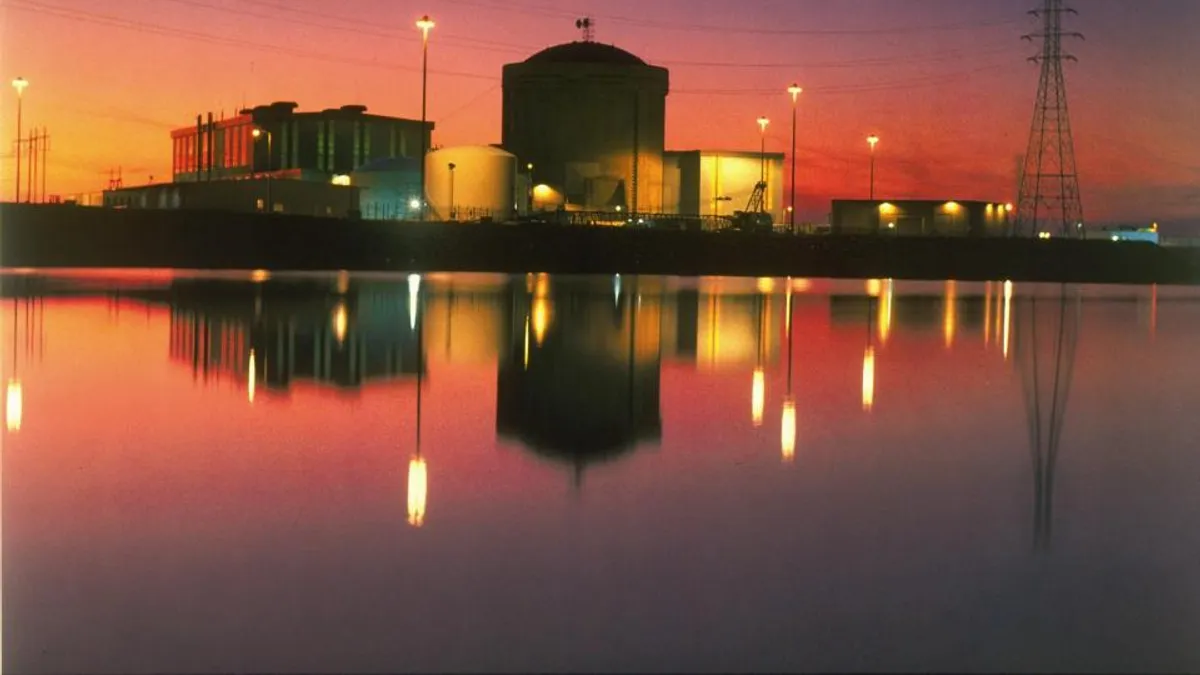Majidah Cochran is an associate, Melissa Horne is an associate, Mindy McGrath is a partner, and Andrea Wortzel is a partner at Troutman Pepper.
In an era where climate change is no longer a distant threat but a present reality, the call for renewable energy and sustainable practices has never been louder. The Biden-Harris administration plans to eliminate fossil fuels as a form of energy generation in the United States by 2035 and has set a target of 80% renewable energy generation by 2030. These ambitious goals have put the spotlight on the utilities industry, a sector that plays a pivotal role in the nation's energy landscape.
As the demand for renewable forms of energy grows, so do claims of “greenwashing” — a term that refers to companies misleading consumers about the environmental benefits of their products or services. In the utility industry, this could mean anything from overstating the proportion of energy derived from renewable sources, to downplaying the environmental impact of non-renewable energy production, to claiming that utilities or their customers can mitigate their carbon footprint through the purchase of carbon offsets. Greenwashing claims may also allege “double counting” of environmental benefits, such as renewable energy credits or greenhouse gas reduction claims.
This opinion piece discusses recent greenwashing claims brought against utility companies, the implications of communications about the transition to “cleaner” forms of energy production, and practical strategies utilities can employ to reduce exposure to greenwashing claims.
What is greenwashing?
Greenwashing is a term used to describe a type of consumer fraud whereby a company provides misleading or deceptive information, either intentionally or unintentionally, about the environmental benefits of a product, service, technology or company practice. Greenwashing can be a violation of the Federal Trade Commission Act, which prohibits “unfair or deceptive acts or practices in or affecting commerce,” as well as state-level consumer protection laws.
Currently, there is no federal law defining greenwashing, which makes it difficult for companies to determine what kinds of statements to avoid. The Federal Trade Commission’s Guides for the Use of Environmental Marketing Claims, informally known as the “Green Guides,” although only agency guidance, are commonly regarded as guideposts for determining what constitutes deceptive environmental marketing practices and are referenced or incorporated in some state consumer protection laws.
Greenwashing claims can come in the form of consumer litigation under federal or state law, agency enforcement actions, or be raised in the court of public opinion on online platforms or social media. Regardless of the venue, these claims draw negative attention to a company, with potential for reputational harm, while also distracting attention from or detracting from a company’s environmentally beneficial activities.
Recent greenwashing claims: Public utilities in the crosshairs
Against this backdrop of increased scrutiny over corporate environmental marketing claims from both the public and governmental authorities, utilities have not escaped greenwashing claims. A few recent examples are highlighted below.
Sauk-Suiattle Indian Tribe v. Seattle City Light
In September 2021, the Sauk-Suiattle Tribe, based in Darrington, Washington, filed a case accusing Seattle City Light of violating the Washington State Consumer Protection Act by “greenwashing” its reputation “with claims of superlative environmental responsibility,” including that Seattle City Light is “the nation’s greenest utility” because a majority of its electricity comes from non-carbon emitting hydropower. In March 2023, the Washington State Court of Appeals published a mixed opinion, which affirmed the lower court’s decision that Seattle City Light (1) is not subject to the Consumer Protection Act because it is a municipality, and (2) that the utility’s claim to be the “greenest utility” is “mere puffery,” rather than a statement with the intent to sell more power or increase the consumption of power, so it is cannot give rise to a false advertising claim. The court left alive nuisance claims brought by the tribe alleging that Seattle City Light’s greenwashing wrongly transferred culpability for the detrimental impact on the fisheries to the Tribe, resulting in harm to the Tribe and their interest in the fishery resources.
Maryland Office of People’s Counsel Complaint against Washington Gas & Light Co. and WGL Energy Services, Inc.
In November 2021, the Maryland Office of the People’s Counsel, or OPC, filed a complaint with the Maryland Public Service Commission against Washington Gas Light Company and WGL Energy Services Inc. for deceptive green marketing seeking $500,000 in civil penalties from each entity. The complaint alleges that natural gas bills sent to customers misled customers by describing natural gas as clean energy that is less emissions-intensive and more environmentally friendly than electricity. The PSC dismissed the complaint in a February 7, 2022, order, finding that public service companies regulated by the PSC are exempt from the Maryland Consumer Protection Act. The PSC denied rehearing in April 2022 and OPC appealed the decision to the Circuit Court for Montgomery County, which affirmed the PSC’s orders. OPC appealed the circuit court decision in July 2023.
Client Earth v. Washington Gas Light Co.
In July 2022, WGL was hit with another greenwashing claim. Client Earth and two other organizations sued under the District of Columbia Consumer Protection Procedures Act, or CPPA, alleging that WGL falsely and deceptively marketed its natural gas products and services as “clean” and sustainable. The plaintiffs alleged that WGL capitalized on consumer demand for reduced reliance on fossil fuels through ads claiming that use of natural gas was a “key driver” of greenhouse gas reductions in Washington, D.C. and that natural gas provides “low carbon” energy that would help the District of Columbia reach carbon-neutral status. The plaintiffs further alleged that WGL’s natural gas products were “decidedly not ‘low carbon,’” and that WGL’s admission that their low-carbon gas supply was 0% in 2018 and was planned to increase to only 2% by 2025 “demonstrates just how misleading their ‘sustainability’ statements to consumers are.” In September 2023, a District of Columbia Superior Court Judge dismissed the lawsuit, finding that the D.C. CPPA does not apply to entities, like WGL, that are regulated by the D.C. Public Service Commission.
California v. Southern California Gas Company
On August 11, 2023, the State of California filed a complaint against Southern California Gas Company alleging that the utility misled consumers about the environmental attributes of natural gas in connection with environmental marketing claims made in 2019 that natural gas is renewable. Specifically, SoCalGas advertised that natural gas is renewable, clean and affordable even though most of its natural gas is derived from fossil fuels, which are not renewable. On August 14, 2023, California’s Attorney General announced a settlement that resolved allegations that SoCalGas’s marketing violated California’s consumer protection laws. The settlement required SoCalGas to 1) refrain from making similar unqualified statements that natural gas is “renewable, 2) pay $175,000 in penalties, and 3) publish a corrective statement on its website within 14 days of the settlement’s effective date.
Dominion Decarbon Ohio carbon offset program under scrutiny
On March 11, 2022, Dominion Energy Ohio filed an application with the Ohio Public Utilities Commission for approval of a carbon offset program that would provide its customers with the option to “offset” the carbon emitted from the natural gas they buy. The Decarbon Ohio Program is marketed as a means for customers to reduce their carbon footprint, but environmentalists quoted in an article published on August 18, 2023, are arguing that the program amounts to greenwashing. Dominion’s “Decarbon Ohio” proposal is still under consideration by the Ohio Public Utilities Commission.
Practical steps for utilities to minimize the potential for greenwashing claims
While utilities have largely demonstrated resilience against greenwashing claims, prevailing predominantly on procedural and jurisdictional grounds, defending these claims can require a considerable expenditure of time and resources. By adopting a proactive approach, utilities can minimize the potential for greenwashing claims. There are several concrete actions utilities can take to minimize their exposure to greenwashing claims:
- Substantiate and qualify claims made in all communications involving company environmental impacts and future environmental commitments, including consumer marketing, investor communications, and state and federal agency disclosures.
- Coordinate sustainability messaging across all departments to ensure consistency in communications and ensure that departments with the ability to verify claims are included.
- Engage legal and other expert resources to assess risks and:
- Ensure proper accounting measures are in place before participating in the voluntary carbon market or implementing customer carbon offset programs.
- Form a multidisciplinary team to evaluate all marketing materials and compare against other reports and filings to ensure consistency and accuracy.
- Evaluate transactions involving environmental benefit claims, including renewable energy credits, to protect against double counting.
- Assess language used in aspirational commitments to reduce carbon emissions or other environmental impacts.
- Stay abreast of new developments, including the potential expansion and codification of the Green Guides, SEC adoption of proposed climate disclosure requirements, and recently adopted California laws requiring climate disclosures and targeting greenwashing.


